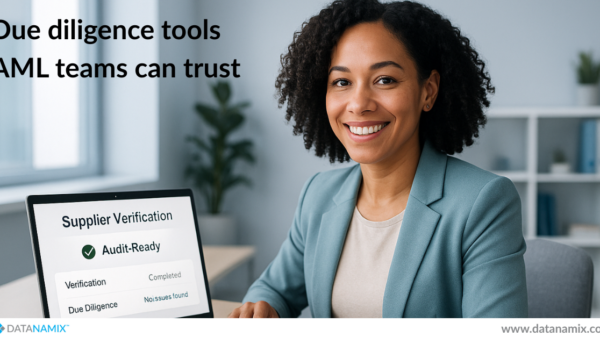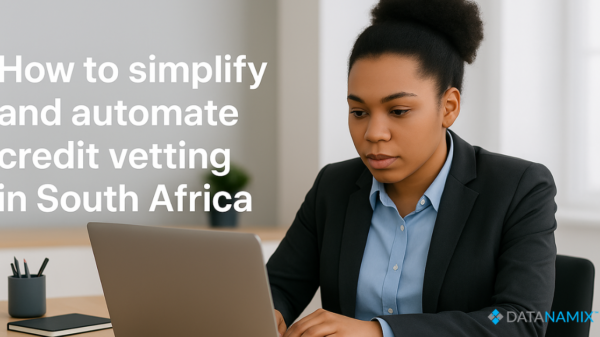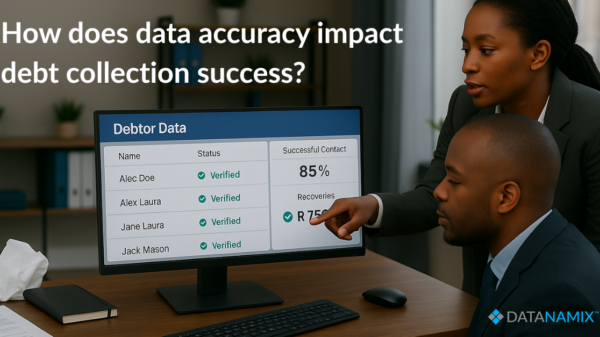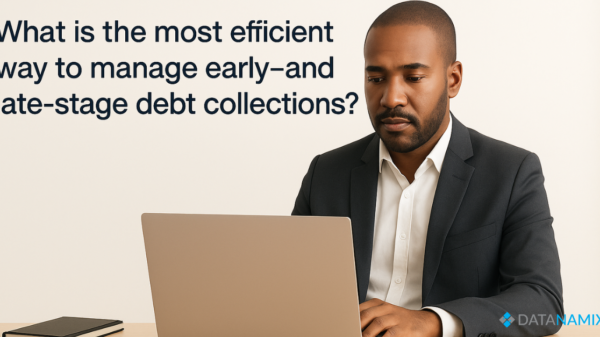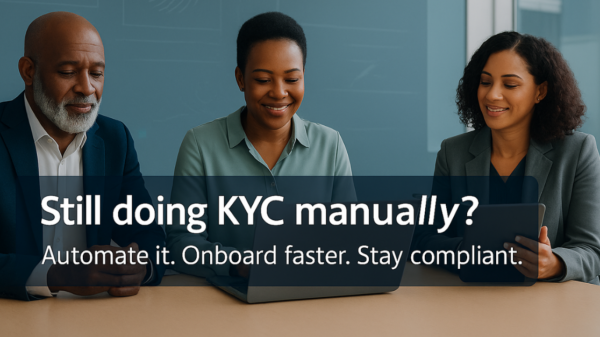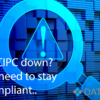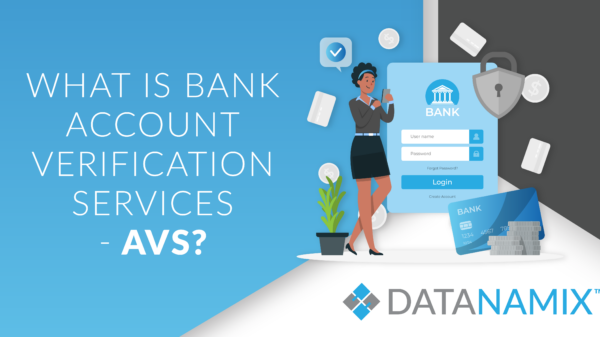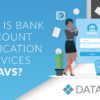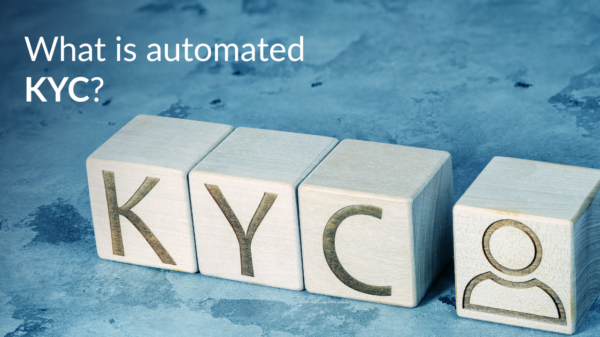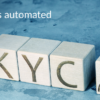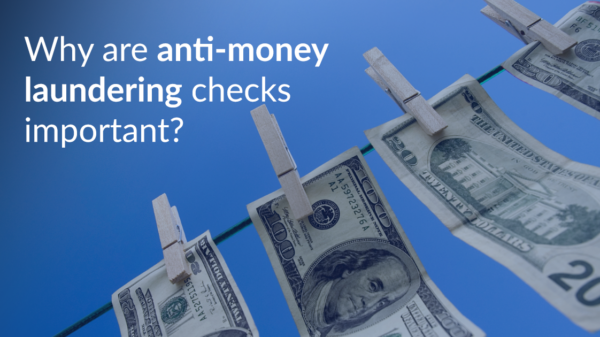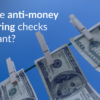goAML is a comprehensive, integrated software solution created by the Financial Action Task Force (FATF) to combat money laundering and the financing of terrorism.
goAML is designed to gather, analyse, and disseminate information about financial transactions to detect and prevent illicit activities.
goAML is a secure and efficient platform for reporting and analysing suspicious transactions. goAML aims to enhance global efforts to combat financial crimes and promote transparency within the financial sector.
Why goAML is so important?
goAML is vital for several reasons, which include:
- Enhanced Security: The platform provides a secure environment for financial institutions to report suspicious transactions, ensuring that sensitive information is protected.
- Improved Efficiency: goAML streamlines the process of collecting and analysing financial data, making it easier for FIUs (Financial Intelligence Units) to identify and investigate suspicious activities quickly.
- Global Cooperation: By standardising the reporting and analysis process, goAML facilitates international cooperation in combating money laundering and terrorist financing, helping countries work together more effectively.
- Compliance: Implementing goAML helps financial institutions and other reporting entities comply with national and international anti-money laundering (AML) regulations, reducing the risk of legal penalties and reputational damage.
How Does goAML Work?
goAML operates through a series of well-defined steps, let’s take a closer look:
- Data Collection: Financial institutions and other reporting entities submit reports on suspicious transactions to the FIU through the goAML platform. These reports can include information on large cash transactions, unusual account activity, and other indicators of potential financial crime.
- Data Analysis: Once the reports are submitted, the goAML system uses advanced analytical tools to identify patterns and anomalies in the data. This analysis helps FIUs pinpoint suspicious activities that may warrant further investigation.
- Case Management: goAML includes a case management system that allows FIUs to track the progress of investigations, manage workflows, and document findings. This feature helps ensure that investigations are conducted efficiently and transparently.
- Data Dissemination: After analysing the data, FIUs can share relevant information with law enforcement agencies, regulatory bodies, and other stakeholders. This dissemination of information is crucial for taking appropriate actions against financial criminals.
What countries support goAML?
Many member states have adopted goAML as part of their national efforts to ensure compliance with international anti-money laundering (AML) and counter-financing of terrorism (CFT) standards – see list below.
How Can South Africans Use goAML?
In South Africa, the Financial Intelligence Centre (FIC) is responsible for implementing and managing the goAML platform. Here’s how South Africans can use goAML:
- Registration: Financial institutions and other reporting entities must register with the FIC to gain access to the goAML platform. The registration process typically involves providing detailed information about the organisation and its operations.
- Training: The FIC offers training programs to help reporting entities understand how to use goAML effectively. This training covers the technical aspects of the platform as well as best practices for identifying and reporting suspicious transactions.
- Reporting: Once registered and trained, reporting entities can submit reports on suspicious transactions through the goAML platform. These reports should be detailed and accurate to ensure that the FIU can conduct effective analyses.
- Compliance Monitoring: The FIC monitors the compliance of reporting entities with AML regulations. Using goAML helps ensure that financial institutions and other entities meet their reporting obligations, thereby contributing to the overall effort to combat financial crime in South Africa.
By leveraging the goAML platform, South African financial institutions and other reporting entities can play a crucial role in detecting and preventing financial crimes, thereby contributing to a safer and more transparent financial system.
Where Datanamix comes in:
Our comprehensive AML Sanctions Screening service provides one-stop solutions for Sanctions, PEP, and Adverse Media checks. With our AML Sanctions Screening, you can ensure your business remains compliant with the latest regulatory requirements. AML Sanctions Screening helps you effectively identify and manage potential risks associated with PEP’s and adverse media.
By integrating AML Sanctions Screening into your operations, you enhance your ability to detect and mitigate financial crimes, safeguarding your company’s reputation and assets.
Trust our AML Sanctions Screening solutions to provide thorough and reliable risk management for your business needs.
Countries that support goAML:
- Angola
- Austria
- Bangladesh
- Belgium
- Bermuda
- Botswana
- Brunei
- Cyprus
- Denmark
- Dominican Republic
- Egypt
- Finland
- Germany
- Ghana
- Haiti
- Ireland
- Italy
- Jamaica
- Jordan
- Kuwait
- Luxembourg
- Malta
- Mauritius
- Morocco
- Namibia
- Nepal
- Netherlands
- New Zealand
- Nigeria
- Pakistan
- Portugal
- Senegal
- Seychelles
- South Africa
- Sri Lanka
- Swaziland
- Sweden
- Switzerland
- Tanzania
- Trinidad and Tobago
- Tunisia
- UAE
- Uganda
- Zimbabwe

